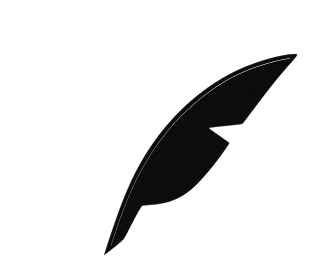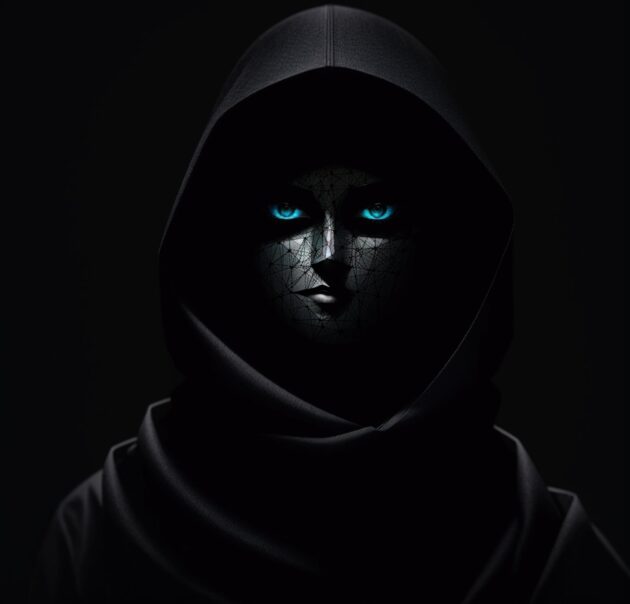The dark web is a part of the internet that is not indexed by search engines and requires special software to access. It is often used for illegal activities, such as drug trafficking, weapons dealing, and human trafficking.
Table of Contents
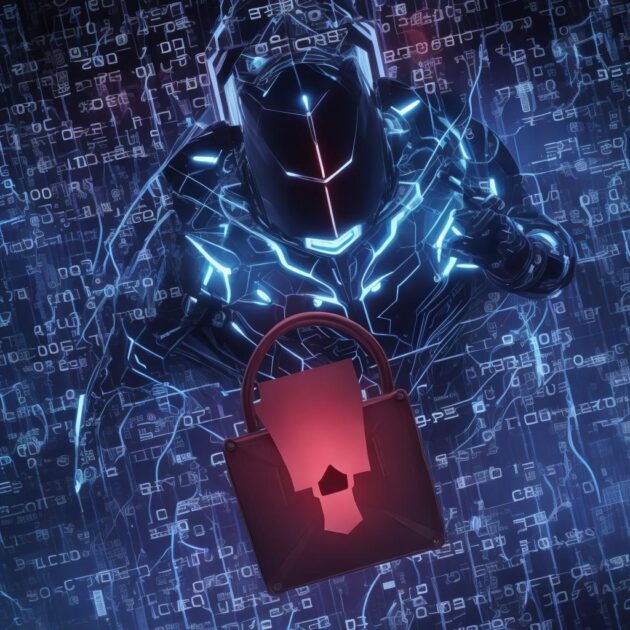
In the vast expanse of the internet, where most of us surf, shop, and share cat videos, there exists a mysterious and often misunderstood corner known as the “dark web.” This hidden realm is a source of fascination, intrigue, and even fear for many. In this blog post, we will dive into the depths of the dark web, shedding light on what it is, how it works, and the ethical and legal implications surrounding it.
What is the Dark Web?

The internet, as we know it, is composed of three layers: the surface web, the deep web, and the dark web.
- Surface Web: This is the portion of the internet that is indexed by search engines like Google. It comprises websites and web pages that are accessible to anyone with an internet connection.
- Deep Web: The deep web includes web pages that are not indexed by search engines. These are often password-protected, hidden behind paywalls, or restricted in some way. Examples include private email accounts and subscription-based databases.
- Dark Web: The dark web is a small, hidden part of the deep web. It can only be accessed using special software, such as Tor (The Onion Router), which anonymizes users and conceals their IP addresses. This layer of the web is intentionally hidden and designed to provide users with anonymity.
How Does the Dark Web Work?

The dark web operates on a different infrastructure than the surface web. Here are some key aspects of its operation:
- Onion Routing: The Tor network, often associated with the dark web, uses a technique called onion routing to bounce internet traffic through a series of volunteer-operated servers. Each “hop” peels back a layer of encryption, making it extremely difficult to trace the origin of data.
- Anonymity: Users of the dark web can access websites and services without revealing their true identity or location. This anonymity is both a boon and a bane, as it can protect individuals’ privacy but also facilitate illegal activities.
- Cryptocurrencies: Transactions on the dark web are often conducted using cryptocurrencies like Bitcoin, which further obfuscate financial trails.
What’s on the Dark Web?
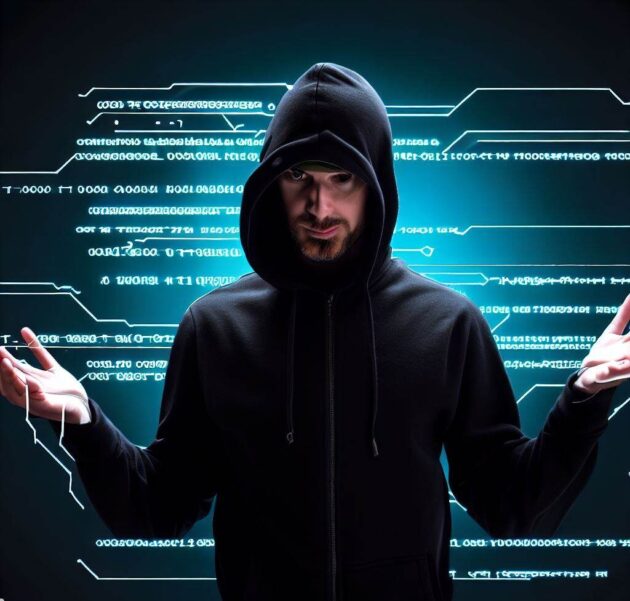
Contrary to popular belief, the dark web is not solely a haven for illegal activities. While it is true that some users engage in illicit practices, such as drug trafficking, weapons sales, and cybercrime, it also hosts legitimate services.
- Whistleblower Platforms: The dark web provides a secure platform for whistleblowers to share sensitive information without fear of retribution.
- Privacy Advocates: Individuals living under oppressive regimes use the dark web to communicate and access information freely.
- Secure Communication: Some people use the dark web for secure, encrypted communication, protecting their conversations from surveillance.
- Marketplaces: Yes, there are illegal marketplaces, but there are also legitimate ones where users can buy and sell legal products anonymously.
Ethical and Legal Considerations
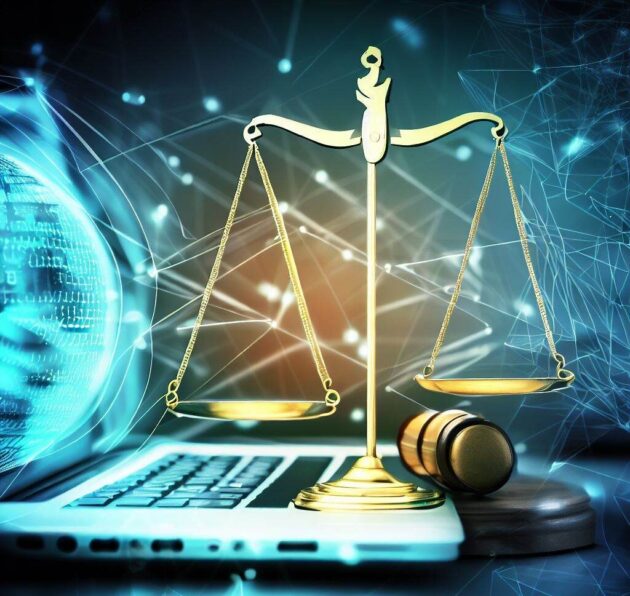
The dark web presents a moral and legal quandary. On one hand, it serves as a refuge for those seeking privacy and security in a world of increasing surveillance. On the other hand, it harbors criminal activities that pose a threat to society.
- Freedom vs. Criminality: The dark web highlights the tension between the principles of free speech and privacy and the need to combat criminal behavior.
- Law Enforcement Challenges: Policing the dark web is a complex task, as the anonymity it offers makes it difficult for law enforcement agencies to track down criminals.
- Legitimate Uses: It’s crucial to acknowledge the legitimate uses of the dark web, such as providing a voice to the oppressed and enabling secure communication in a world where privacy is under siege.
Conclusion
The dark web remains a murky and enigmatic corner of the internet, where technology and ethics intersect in complex ways. While it can be a breeding ground for illegal activities, it also offers a sanctuary for those seeking privacy and a refuge for individuals living in oppressive environments.
As society grapples with the ethical and legal implications of the dark web, it’s important to remember that technology, like any tool, can be used for both good and ill. Understanding the intricacies of this hidden realm is a critical step toward fostering a safer and more informed digital world.
